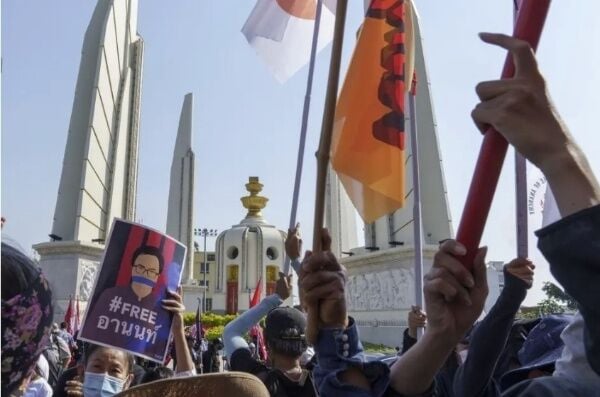Thai leaders dodge meeting with UN human rights commissioner

Thailand’s leaders, including the prime minister and foreign minister, sidestepped a meeting with the United Nations High Commissioner for Human Rights, Volker Türk, during his Bangkok visit on June 5 and 6.
Instead of rolling out the red carpet, Thailand’s leaders turned a blind eye, reducing Türk’s visit to a mere stopover, unlike his official engagements in Malaysia where he met with government officials and spoke openly about human rights.
But Thailand’s attempt to sideline Türk won’t erase its mounting human rights issues. Ignoring the UN’s concerns, especially highlighted during Thailand’s recent Universal Periodic Review, won’t pacify the international community’s unease over ongoing rights abuses.
Since the pro-democracy protests erupted in July 2020, Thai courts have prosecuted at least 1,954 individuals, including 286 minors, for exercising their rights to free speech and peaceful assembly. The death of Netiporn Sanesangkhom, an anti-monarchy activist who succumbed after a hunger strike in pretrial detention on lèse-majesté charges, has cast a harsh spotlight on Thailand’s stringent enforcement of laws punishing insults to the monarchy with up to 15 years in prison.
Over 270 people face lèse-majesté charges linked to protests or social media posts, with some also charged under ambiguous computer and sedition laws. Even former Prime Minister Thaksin Shinawatra hasn’t escaped, facing lèse-majesté charges for comments made in 2015.
Despite growing international criticism, Thailand’s ruling Pheu Thai Party and its allies staunchly oppose amending the lèse-majesté law or offering amnesty to those charged. Adding fuel to the fire, the Constitutional Court recently deemed the Move Forward Party’s bid to amend the law as treasonous, potentially leading to the party’s dissolution and political bans for its leaders, reported Human Rights Watch.
As Thailand campaigns for a seat on the UN Human Rights Council for 2025 to 2027, it must realise that membership comes with the responsibility to uphold the highest human rights standards and cooperate fully with the Council.
Latest Thailand News
Follow The Thaiger on Google News:


























